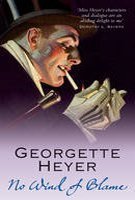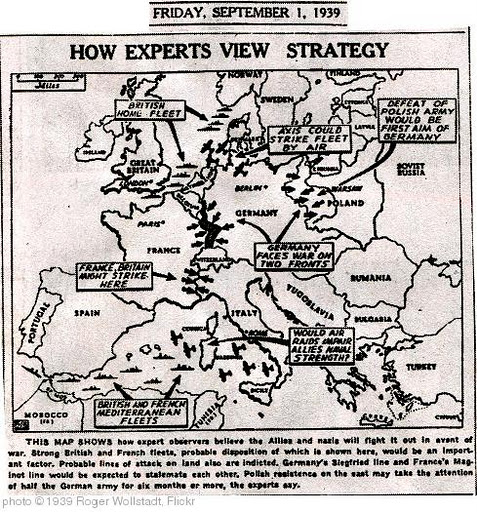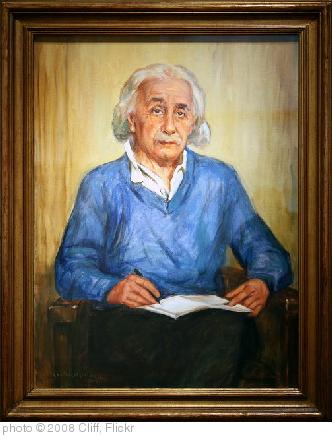 I’m definitely a fan of Golden Age detective fiction—Agatha Christie, Dorothy Sayers, Rex Stout, Josephine Tey—but I’ve read all the books I can find by those authors. And I’ve tried a few others that are supposed to belong to that particular club, Margery Allingham and John Dickson Carr in particular, and I just didn’t care for them. So, Georgette Heyer’s mysteries have that Christie/Golden Age flavor, and I’m pleased to find another writer from that era that I can recommend and enjoy myself.
I’m definitely a fan of Golden Age detective fiction—Agatha Christie, Dorothy Sayers, Rex Stout, Josephine Tey—but I’ve read all the books I can find by those authors. And I’ve tried a few others that are supposed to belong to that particular club, Margery Allingham and John Dickson Carr in particular, and I just didn’t care for them. So, Georgette Heyer’s mysteries have that Christie/Golden Age flavor, and I’m pleased to find another writer from that era that I can recommend and enjoy myself.
No Wind of Blame has lovely, interesting characters, somewhat stereotypical but still memorable, and that’s what makes the book. There’s a fortune hunting Russian (or perhaps Georgian) prince with an impossibly long name, a histrionic and very wealthy Aunt Ermyntrude, a dogsbody poor relation with a pleasant personality and a pretty face, a very pretty daughter who tries on a new persona every time she descends the stairs, a smarmy neighbor who’s involved in some dubious business deals, and a police inspector with a refreshingly normal, down-to-earth take on the whole case. The case itself, a murder of course, is not the focus of the novel, and the solution is beyond my understanding and limited mechanical abilities. However, I didn’t care that I didn’t understand exactly how the murderer did it because I enjoyed the company, the dialogue, and the interactions between the characters so much.
I’ve read one or two of Ms. Heyer’s Regency romances, and although the wit and good characterization are still there, I don’t much like straight romance novels. An element of romance is good, but I prefer my love stories mixed up with something else, perhaps a good mystery. I plan to look for more of Ms Heyer’s mystery novels and see if they’re all as good as No Wind of Blame.
A list of Georgette Heyer’s “thrillers” or detective novels:
Footsteps in the Dark (1932)
Why Shoot a Butler? (1933)
The Unfinished Clue (1934)
Death in the Stocks (1935)
Behold, Here’s Poison (1936)
They Found Him Dead (1937)
A Blunt Instrument (1938)
No Wind of Blame (1939)
Envious Casca (1941)
Penhallow (1942)
Duplicate Death (1951)
Detection Unlimited (1953)
For a while Ms. Heyer published one thriller and one romance every year. However, her British publisher and her American publisher both disliked the book Penhallow, published in 1942, and she mostly stuck to romances with some historical fiction after that.








